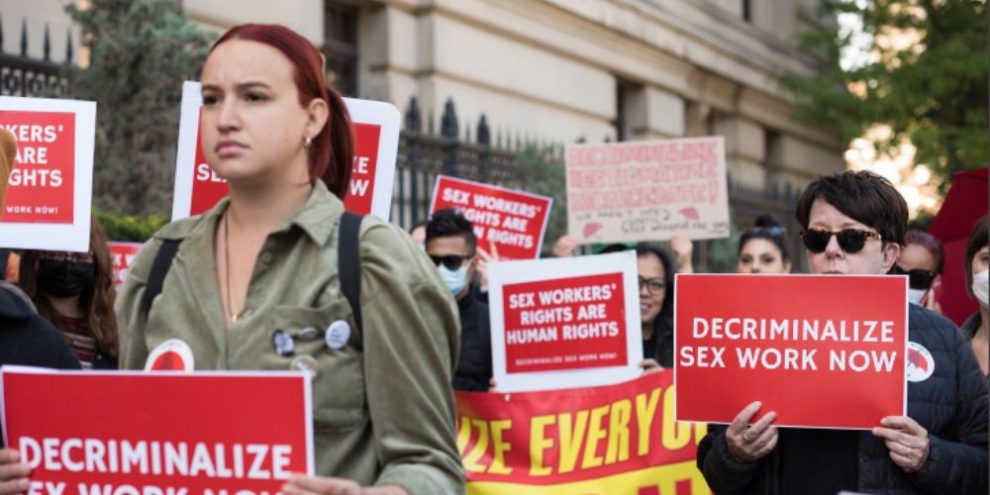
By David Fraser in Ottawa
The laws governing sex work are fostering stigma, inviting targeted violence and removing safe consent, an alliance of sex-worker rights groups argued as it began a constitutional challenge on Monday.
The Supreme Court of Canada struck down the prohibition on prostitution in 2013 after lawyers argued existing provisions were disproportionate, overbroad and put sex workers at risk of harm.
The Canadian Alliance for Sex Work Law Reform is at the Ontario Superior Court in Toronto this week to challenge the laws the Conservative government of former prime minister Stephen Harper brought in instead.
Lawyers representing the alliance argued the new laws are more restrictive than what they replaced and continue to criminalize sex work.
Michael Rosenberg said in court on Monday the laws making it illegal to advertise or communicate about buying or selling sexual services are "unacceptably dangerous," in part because they prevent health and safety checks, or meaningful conversations about consent, from happening.
The organization also said the new laws violate the Charter of Rights and Freedoms.
Jenn Clamen, a co-ordinator for the group, says it has a robust evidentiary record to lay out before the judge over four days of hearings this week.
”It does demonstrate the harms for all sex workers," she said in an interview Monday.
"The most marginalized sex workers suffer the brunt, but all sex workers, even the most privileged sex workers, are harmed by the current legislative regime."
She also said the laws force sex workers, and people working with them, to operate in the context of criminalization.
“That means sex workers, clients and third parties … are at any given moment always trying to avoid detection by law enforcement and police,” she said. “What that means is sex workers are currently and always forced into isolation because of the risk of criminalization.”
The alliance says there shouldn't be any criminal laws specific to sex work, and it has dozens of recommendations to create a more regulated industry.
The Canadian Alliance for Sex Work Law Reform was formed in 2012 and includes 25 sex-worker organizations across Canada.
This report by The Canadian Press was first published Oct. 3, 2022.
Banner image via The Canadian Press






